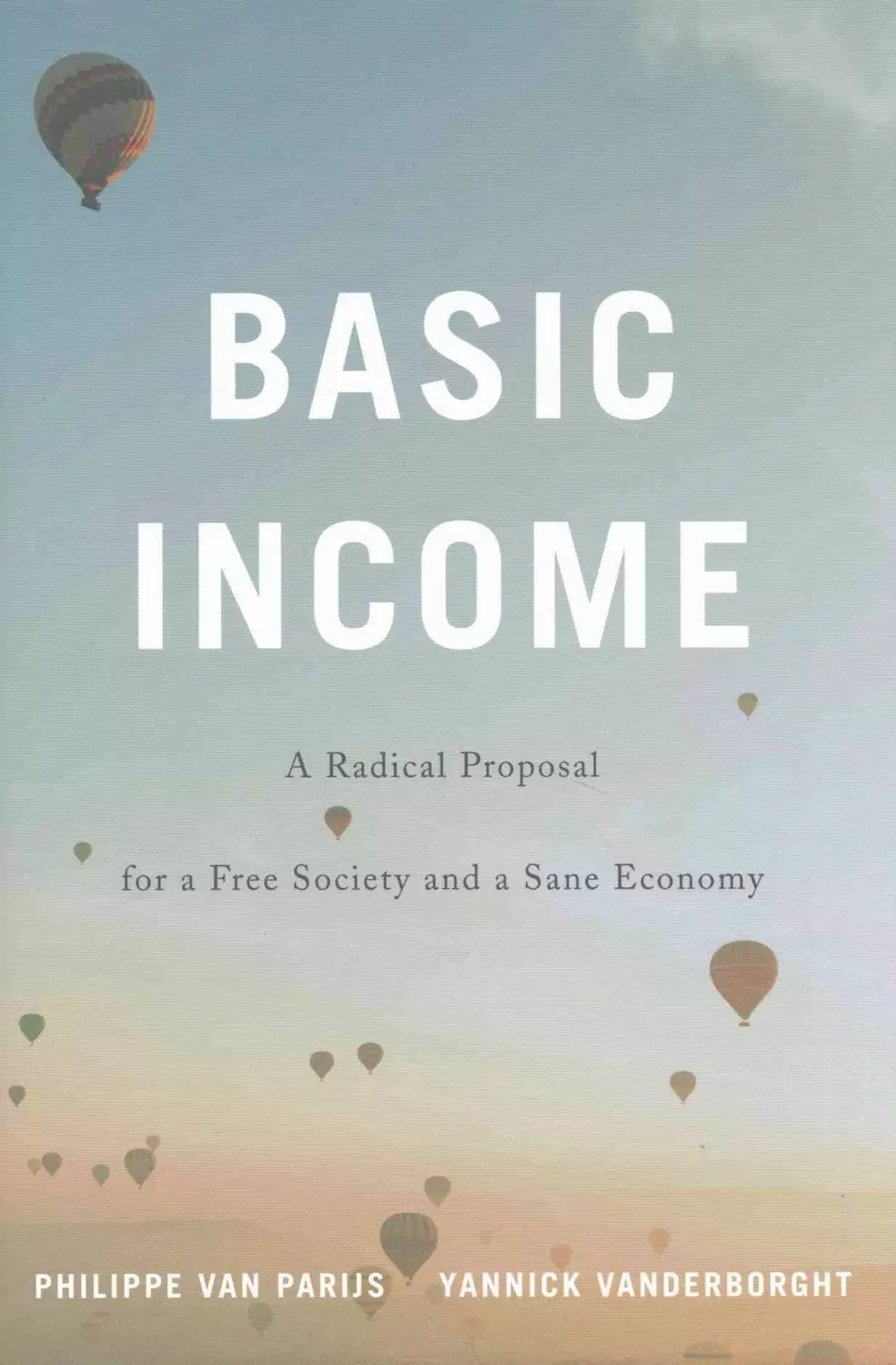Basic Income
Good but not radical enough
This is a comprehensive and therefore welcome exposition of many aspects of the basic income proposal, including its justifications, implications, history, philosophy, economics and politics. The philosophies and arguments of Rawls, Dworkin, Sen, Keynes and Marx are all rehearsed. This extensive coverage makes the book rather longwinded, occasionally rambling and repetitive, a stream of academic consciousness with frequent diversions.
There is no doubt of the appeal of UBI which van Parijs and Vanderborght present well. The problem lies in two main objections – supposed work disincentive, and macroeconomic cost. The authors’ response to the free-rider problem, that others already free-ride, or yet others work without remuneration, is hardly convincing, particularly since a forthcoming paper by Richard McGahey in Ocampo and Stiglitz ‘The Welfare State and Inequality’ (Columbia University Press) cites extensive evidence of the work dis-incentivisation of basic income.
Admitting that localised externally funded universal basic income experiments do not demonstrate basic income affordability, and dismissing a range of alternative mechanisms to fund UBI, the authors scale back to proposing a ‘partial basic income’ funded by income tax which they define only vaguely and do not cost (pp 165-169), but then immediately claim that a basic income of 25% of GDP per capita is affordable (p170)!
Equally unjustified is their summary rejection of the case for universal income from Keynesian demand deficiency in high technology economies (p130), and its funding by money creation (p152). ‘Helicopter money’ they say, ‘can only be of limited duration’. They are limited by their adherence to financial orthodoxy which will never show basic income affordable. They incorrectly interpret the Keynesian demand argument to rely on economic growth, whereas the argument is growth neutral and applies to constant or even reduced GDP. In this casual dismissal, they reject a powerful objective argument for basic income and its funding.
In a thought experiment where a machine is plugged into the earth to produce all GDP output without any labour, and this GDP is distributed by vouchers issued and destroyed each year, then it follows that 100% of GDP becomes basic income, and 100% of GDP is deficit financed. The nuanced claim is that in high tech economies where output increasingly exceeds wage, then basic income is essential and financial deficit inevitable. Recent economic fact supports both these hypotheses. Though radical, this thesis is credible, has huge power as an argument for deficit funded basic income, and is one which the authors should examine further.
Geoff Crocker 2018

